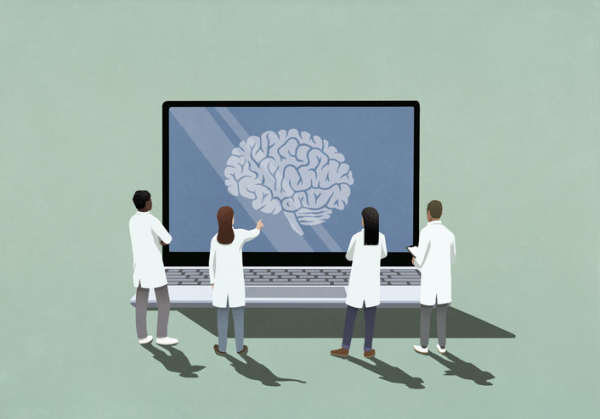Diabetes Treatment

Treatment for diabetes encompasses a multifaceted approach aimed at managing blood sugar levels, preventing complications, and improving overall health and well-being. Here are key components of diabetes treatment:
Lifestyle Modifications: Adopting a healthy lifestyle is fundamental in managing diabetes. This includes following a balanced diet rich in fruits, vegetables, whole grains, and lean proteins, as well as engaging in regular physical activity, maintaining a healthy weight, avoiding tobacco use, and moderating alcohol consumption.
Medication Management: Depending on the type and severity of diabetes, medication may be prescribed to help control blood sugar levels. This may include oral medications such as metformin, sulfonylureas, or insulin therapy. Medication adherence and regular monitoring are essential for optimal management.
Blood Sugar Monitoring: Regular monitoring of blood sugar levels is vital to track glucose control and make necessary adjustments to treatment plans. This can be done through self-monitoring using a glucometer or continuous glucose monitoring (CGM) systems that provide real-time data.
Healthy Eating: A well-balanced diet plays a crucial role in managing diabetes. Monitoring carbohydrate intake, controlling portion sizes, and spacing meals evenly throughout the day can help stabilize blood sugar levels and prevent spikes.
Regular Physical Activity: Engaging in regular exercise helps improve insulin sensitivity, lower blood sugar levels, control weight, and reduce the risk of complications. Aim for at least 150 minutes of moderate-intensity aerobic activity per week, supplemented with muscle-strengthening exercises.
Education and Support: Diabetes education programs provide valuable information and support for individuals living with diabetes. These programs cover topics such as blood sugar monitoring, medication management, healthy eating, exercise, and coping strategies. Support groups and counseling services can also offer emotional support.
Regular Medical Check-ups: Regular visits to healthcare providers are essential for monitoring diabetes and detecting any complications early on. These check-ups may include blood tests, eye exams, foot exams, blood pressure monitoring, and discussions about medication adjustments or lifestyle modifications.
By implementing a comprehensive approach to diabetes management that includes lifestyle modifications, medication management, blood sugar monitoring, healthy eating, regular exercise, education, support, and regular medical care, individuals with diabetes can effectively manage their condition and improve their quality of life.




